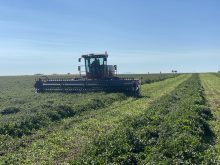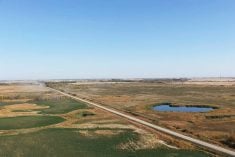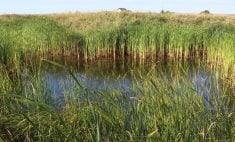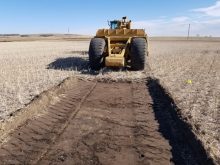Increasing production on the same land base, which in turn will help make more marketing opportunities possible— that’s the goal of a young Quebec farming couple heading up a second-generation fruit and vegetable operation near Quebec City.
Investing heavily in new production technology on the family-owned Polyculture Plante, located at Sainte-Pétronille on Île d’Orléans, is an important part of the plans Simon Plante and Alison Blouin have for the farm started by his parents about 40 years ago.
Their commitment to quality fruit and vegetable production, along with a keen business sense, earned them recognition earlier this year as Quebec’s Outstanding Young Farmers for 2024.
Read Also
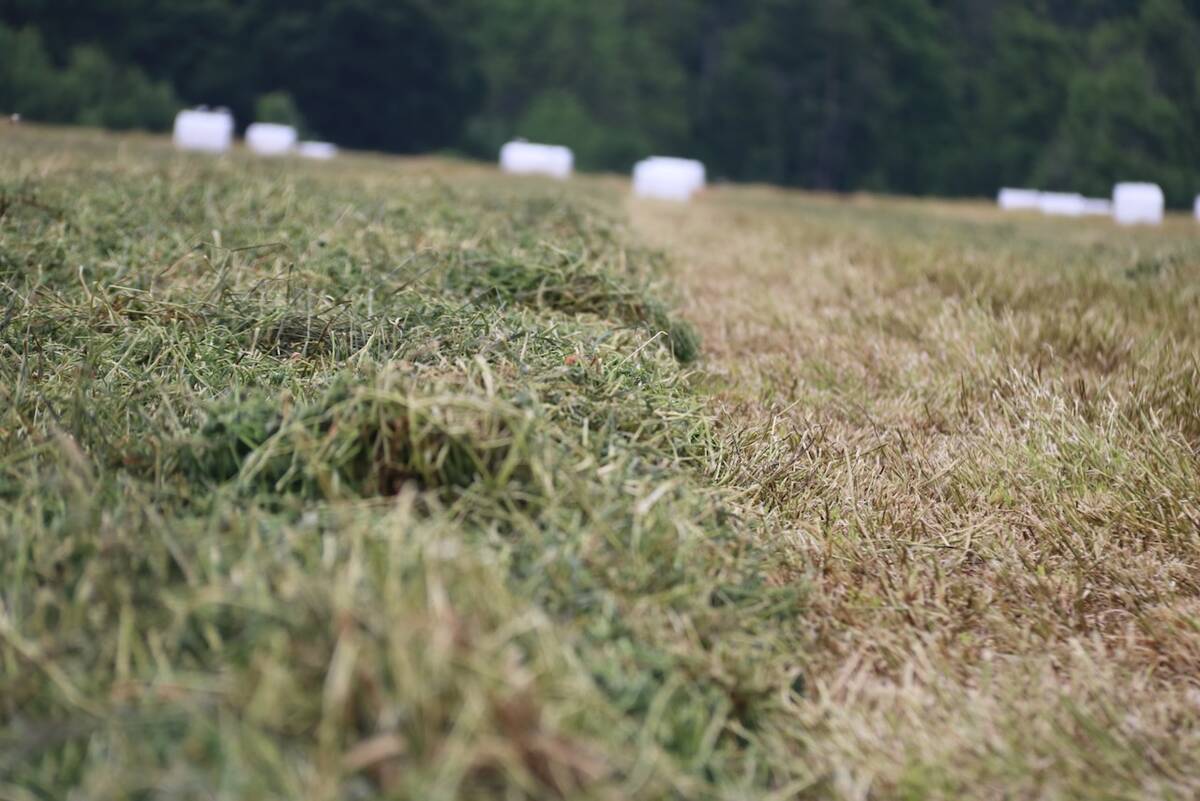
New high-performance forage training program to launch in 2026
A new Canadian Forage and Grasslands Asssociation high-performance forage program will be a resource for farmers, agronomists and others in the forage sector.
“We are on an island so the opportunities to increase the size of our farm are somewhat limited,” says Simon, who along with wife Alison own and operate the well-established market garden.
“With two of our most important crops — strawberries and raspberries — we have introduced technology that is perhaps more commonly used in Europe.”
Polyculture Plante has just started to install tall tunnels over the two crops, which will allow them to grow more plants per acre, extend the growing season and increase yield in a more controlled growing environment.

The tall tunnels are metal-framed hoop-type structures, about 15 feet tall and covered in plastic. Outfitted with irrigation systems, the tunnels provide a similar growing environment as a greenhouse, although crops are not fully enclosed.
With strawberries, which will be produced in hanging baskets, rather than in the ground, Simon expects to be able to grow 20 per cent more plants per acre under the domed structures, which should in turn increase production by up to 50 per cent.
In other words, “for every acre of berries we grew before, by now growing in tunnels, we should be able to have the same production as if it was 1.5 acres,” he says.
Converting these crops to tunnel production requires a sizeable capital cost. The tall tunnels for raspberries cost about $120,000 per acre, while the tunnel system for strawberries is about $140,000 per acre.
The farm already has three acres of strawberries under tall tunnels and hopes to have between 30 and 40 acres covered over the next five years. They have about two acres of raspberries under tunnel production and hope to increase that to 20 acres by 2029.
Polyculture Plante was started as a fruit and vegetable operation by Simon’s parents Pierre and Hughette in the 1980s. Île d’Orléans is an island in the St. Lawrence River, covering about 75 square miles, about 15 minutes from downtown Quebec City.
“With good farmland the island is sometimes referred to as Quebec City’s garden,” says Simon.
He joined the farm full-time in 2009 while completing a technical degree in business management from Collège François-Xavier Garneau. Alison recently joined the farm after completing a program in agricultural business management and technology.
While Simon and Alison are the principal owners, they are also joined in the farming operation by his parents and his brother and sister-in-law, as well as an uncle. The objective in recent years has been to significantly increase the farm’s income so it can provide for the needs of four families.
Polyculture Plante’s land base today includes 327 cultivated acres, of which 172 are owned by the Plantes. The farm produces 100 acres of summer strawberries, 32 acres of fall strawberries, three acres of raspberries under tunnel, two acres of blueberries, 30 acres of apples, 32 acres of sweet corn, four acres of field tomatoes, one acre of onions and four acres of squash and pumpkins.
The company also operates a maple grove with about 6,000 trees, tapped annually to make maple syrup and other products.
Produce is marketed through multiple outlets. An on-farm store carries a wide range of fruits and vegetables and other products. They also sell products through a large farmers’ market, the Grande Marche of Quebec in Quebec City. And three to four truckloads per day supply products to more than 60 retail and wholesale outlets across Quebec. In recent years they have been selling berries into Ontario and northern U.S. states as well.
Simon says he has worked hard over the years to expand markets for farm produce. He says it’s important to produce high-quality products to meet customer expectations, and with new technology to help increase yields of berry crops, they will be able to supply more and larger markets as well.




